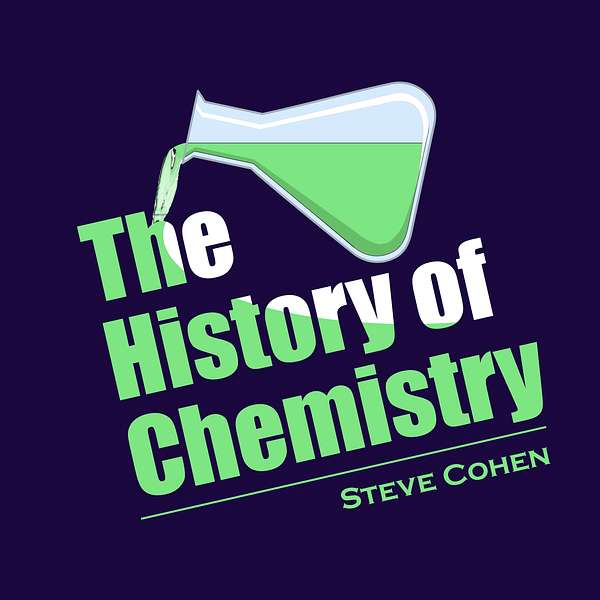
The History of Chemistry
Chemistry is everywhere, and involves everything. But how did chemistry get to be what it is? I'm Steve Cohen, a chemist and writer, bringing you The History of Chemistry. This podcast explores the development of chemistry from prehistoric times to the present, including the people and societies who made chemistry what it is today. The History of Chemistry is for you, whether you hated chemistry in high school, or got a PhD in inorganic chemistry. We'll explore how chemistry affected art, music, language, politics and vice-versa. Whether it's ancient Greek philosophers, medieval alchemists, or modern laboratory apparatus, it's all here. Don't forget to support my series at https://www.patreon.com/thehistoryofchemistry !
The History of Chemistry
88: Contamination
•
Steve Cohen
•
Episode 88
Use Left/Right to seek, Home/End to jump to start or end. Hold shift to jump forward or backward.
We continue on the path of environmental chemistry, with several egregious examples of pollution in the 1980s. First is the story of Times Beach, Missouri, USA, its contamination, discovery, and evacuation. Second is the Union Carbide plant in Bhopal, India, which had structural weaknesses leading to an explosion blanketing the city with toxic gas. Third is the explosion of the nuclear reactor in Chornobyl, Ukraine, and the spread of radioactive elements across the area and much of northern Europe.
- Support my podcast at https://www.patreon.com/thehistoryofchemistry
- Tell me how your life relates to chemistry! E-mail me at steve@historyofchem.com
- Get my book, O Mg! How Chemistry Came to Be, from World Scientific Publishing, https://www.worldscientific.com/worldscibooks/10.1142/12670#t=aboutBook